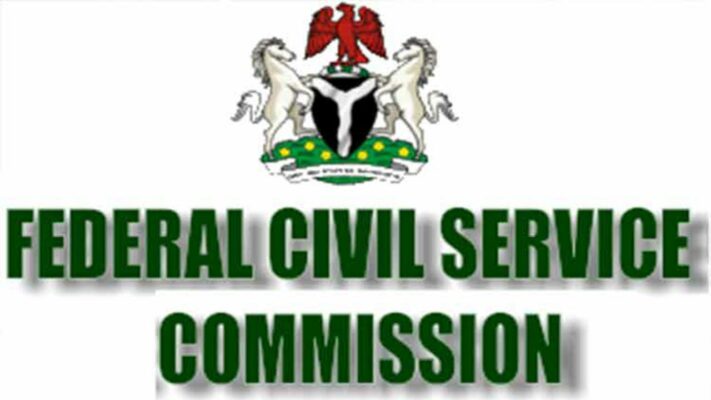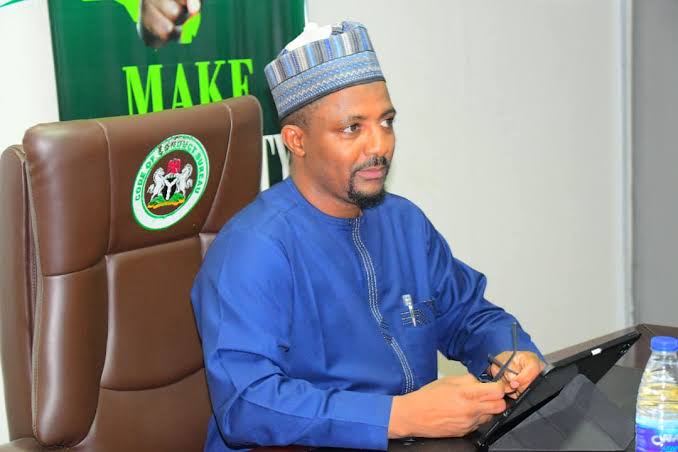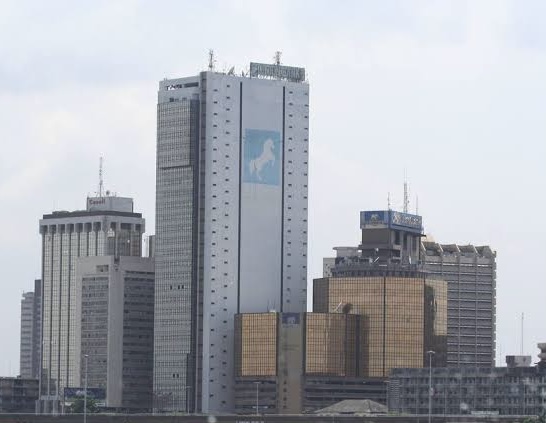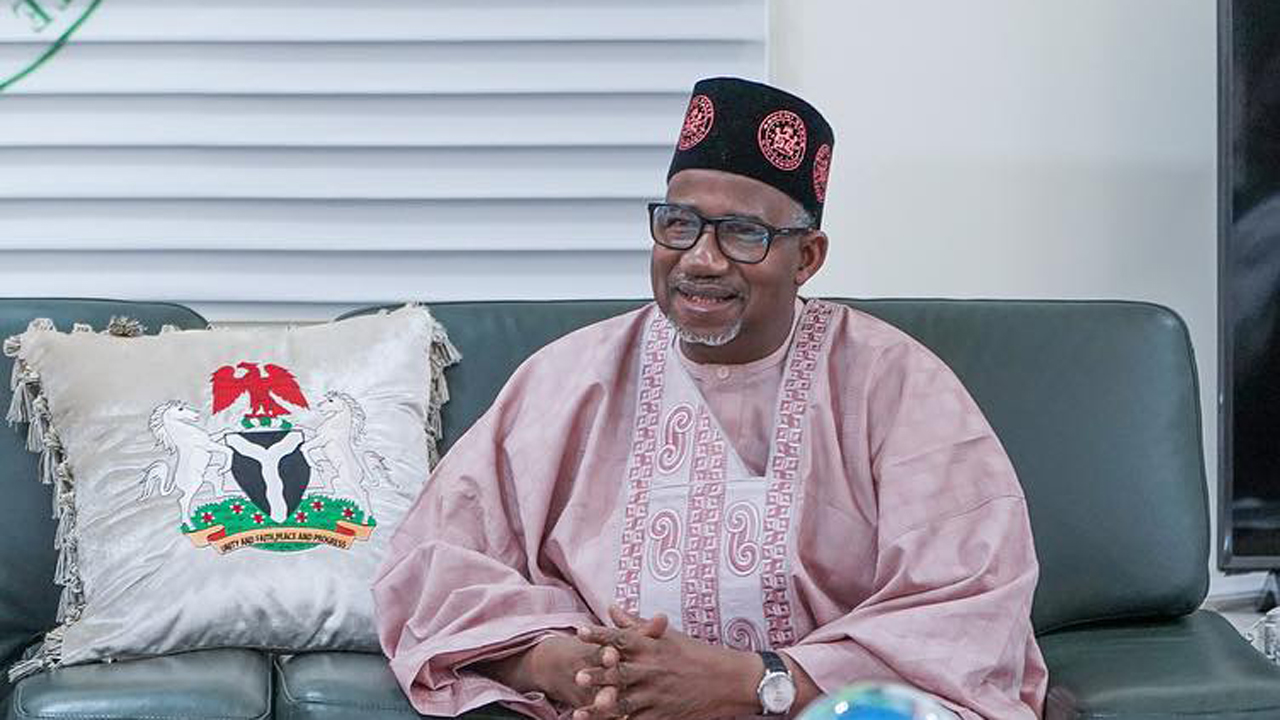
Nigeria’s public sector is facing a growing crisis as mass retirements among experienced civil servants are met with minimal recruitment, threatening productivity and institutional continuity across Ministries, Departments, and Agencies (MDAs).
In MDAs nationwide, entry-level staff at Grade Levels 8 to 10 are dwindling. With no structured succession or recruitment plans in place, remaining workers are overburdened, and critical knowledge is being lost.
“We now have situations where one officer is doing the job of four. It’s affecting both morale and efficiency,” said Mr. Ibrahim Attahiru, a retired director in the Office of the Head of the Civil Service of the Federation.
Civil service retirees and current staff alike have expressed concern over the growing vacuum caused by the lack of middle-level officers. This has disrupted workflows and mentoring structures essential for effective public service delivery.
Mrs. Christina Esin, a retired officer, noted that some departments have not recruited in over five years. “The few young staff we have are overstretched and often untrained,” she said, urging urgent government intervention.
Senior civil servant Mr Maurice Eze blamed prolonged recruitment embargoes and poor workforce planning. “The system is shrinking when it should be expanding. It’s a ticking time bomb,” he warned.
Mrs. Halima Sani, Head of Administration in a federal parastatal, highlighted the lack of succession planning: “Files sit idle because no one is prepared to take over.”
Responding to the crisis, the Head of the Civil Service of the Federation, Mrs Didi Walson-Jack, confirmed that a comprehensive personnel audit and skills gap analysis will commence soon, following President Tinubu’s directive.
“We need to know how many staff are required and what skills are needed for a modern civil service,” she said.
Chairman of the Federal Civil Service Commission, Prof. Tunji Olaopa, added that the audit would inform a phased recruitment process to fill critical gaps.
Observers warn that unless recruitment resumes and mentorship structures are restored, Nigeria’s public service may struggle to deliver even basic services. Experts are also calling for the integration of digital tools and automation to mitigate staff shortages and improve service delivery.












